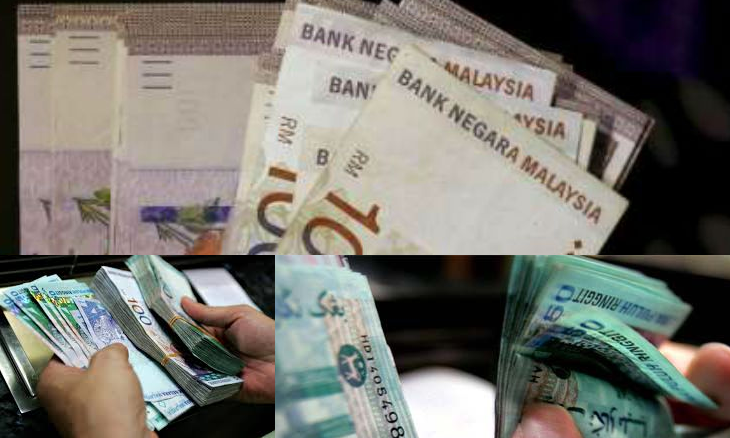The Malaysian Straight Times is reporting that a group of Malaysian investors is now seeking answers after they thought they were investing in a reliable FX trading strategy from a company called RCFX but, in the end, failed to get their promised returns.
The group claimed they have been cheated out of RM703,000 Malaysian Ringgit (167,462.73 US Dollar) in total following their investments with RCFX since 2014.
The single biggest investment was RM150,000 (35,000 US Dollar).
Signs of Scam
A spokesman for the group said they suspected something awry when the person handling their investments – known as Lau – started coming out with all sorts of excuses within the past year each time they asked about their promised returns. The group also said they became perplexed further due to the fact the company RCFX and its operators started to change names very frequently.
More than 10 investors who lost money showed up for a press conference with the spokesman for the group saying:
“We called Lau to enquire about our return and he gave all sorts of excuses each time. Of late, however, Lau has refused to even answer our calls.”
“That was when we realized that we may have been cheated.”
The press conference was called by Sim Chee Keong, known professionally as Steven Sim, a Malaysian politician.
The group’s spokesman went to reveal that they first met Lau in 2014 through social media, where the latter introduced them to forex trading. They subsequently met Lau at cafes to hand over money for investments.
The group spokesman continued:
It was indeed a colorful scheme. Those who chose to trade manually were promised a 4% return on the total investment monthly, while those who chose automatic trading were promised a 10% return. It was better than what banks promise…
At that time, we thought nothing about it, except to make some extra cash. About 29 of us, aged between 24 and 50, got some of our friends to invest and we managed to collect RM703,000 in total.
In the beginning, we saw the promised return coming in nicely on paper. However, each time we wanted to withdraw our promised return, Lau would say that would reduce our capital and we could end up getting a lesser return.
When we started to question him often, he transferred USD $2,000 into one of our accounts and that was it.
The spokesman said Lau’s company in Persiaran Karpal Singh on the island has since closed down, and the last they heard was that he had moved to Kuala Lumpur.
The group lodged police reports in July but there has been no progress to date.
Group spokesman added:
We fear for our safety by coming forward to lodge the report but we are at our wit’s end.
Meanwhile, Sim urged the police to expedite investigations and for Bank Negara Malaysia to act on companies offering such schemes.
Checks on RCFX showed that it was one of 394 companies on Bank Negara Malaysia’s alert list.
The Times reported that two other such trading scams have been busted in recent months. One called JJ Poor to Rich (JJPTR) forex trading operator and MBI International, virtual shares operator.
Both companies are being probed by the authorities.
Forex trading regulation in Malaysia is still in its infancy. Financial regulatory responsibilities are left with the Securities Commission in Malaysia. This commission overlooks exchange-traded products, including commodity and Forex futures and how financial brokers operate in the country. However, regulations within Malaysia for spot FX trading are pretty much non-existent and constitute a legal gray area, with much of the public unaware of the warning signs of what they are being offered.
